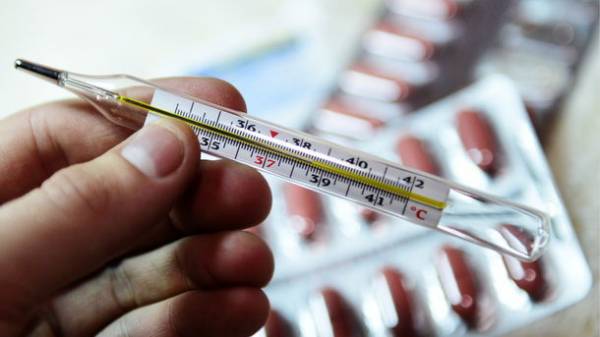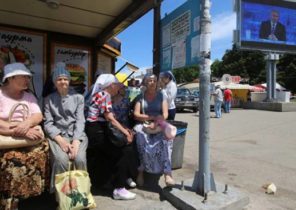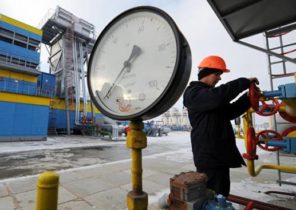
Regular physical exercises are a good prevention of many diseases. About is whether the sport during a cold the body will cope with the disease and will it contribute to the development of serious complications, writes likar.info.
Regular moderate physical activity contribute to the fact that people rarely sick, and if sick, the illness takes a milder form. Such loads can strengthen the immune system, maintain healthy musculoskeletal and cardiovascular system and even prevent development of diabetes. Daily physical activity also improves the body’s resistance to infectious diseases.
Numerous studies have shown that a daily 30-minute walks, gym sessions through the day, running, swimming, Cycling several times a week greatly increases your chances of not getting colds. So half an hour daily workouts reduce women’s risk of getting sick by 50% during the year. Experts explain this by the fact that during sports activities increases the number of white blood cells needed to fight infections. Often colds are caused by viruses, so write in the diagnosis of SARS.
But not always sports benefit in the prevention of colds. Sometimes physical activity can stimulate improved “procurement”. This happens those who are involved in sports to exhaustion, overload the body and do not allow him to rest. Excessive workload leads to the fact that in the blood decreases the number of white blood cells and increases the amount of the hormone cortisol. All this has an adverse effect on the human immune system.
In addition, the scientists identified that immediately after strenuous exercise, our immune system is weakened for a few hours. So after workouts to avoid the crowds and avoid hypothermia. It will reduce the risk to catch the infection and ache.
Can I exercise during a cold?
You were careful not to overload the body, not go after the training “to the masses”, however, is ill. This option is also possible, because some viruses are quite aggressive and can overcome even a good immune protection. Is it possible in such a situation to continue classes? Here, doctors opinions diverge. It used to be that when cold, it is better to stop all the exercise until you recover. Now many experts in physical therapy suggests that moderate exercise during a cold will not damage or slow the recovery, however, and will not accelerate it.
But all doctors agree that during the period of flu activity physical activity should be reduced. Any colds slows down anabolic processes in the muscles and increases the amount of the hormone cortisol, which destroys muscle. Therefore, intensive load the body during colds just does not make sense.
But if you have the flu – sports should stop definitely. The flu is a variant of SARS with more severe course of the disease and possible complications. The flu is accompanied by fever, severe weakness and a high fever. Temperature is here a definite contraindication to sports. If you load the body with a temperature above 37.5 is it can lead to complications. The most commonly reported complications affects the heart, lungs, and kidneys. To avoid this, doctors recommend “vylizat” disease.
“If to transfer the disease on their feet, and this abuse is usually the young men, possible complications on the heart, lungs, kidneys, and other organs, if a person has a chronic illness. Therefore, when the first symptoms required bed rest”, — says head of Department of respiratory infections of the Institute of epidemiology and infectious diseases AMS of Ukraine Alla Mironenko.
But that does not mean you have to lie to full recovery. Doctors recommend bed rest in the first 4-5 days, when the body is suffering from high temperature. And even with the temperature necessary to periodically “disperse” the blood and, for example, walk around the room. But the exercises with dumbbells or squats at this time is contraindicated. After symptoms subside sports, you can gradually resume, but do not just go to the gym, you can infect others and push yourself. The first time it is better to be physically active at home. Thus it is necessary to monitor heart rate and breathing, so as not to overload the weakened organs.







